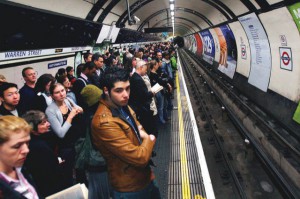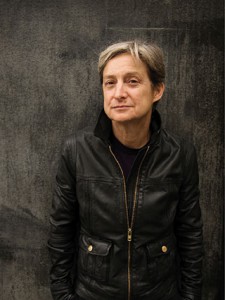Exclusion through participation: the subsumption of dissent in the neoliberal university | Garikoitz Gómez Alfaro
Monday, February 24th, 2014Open discussion tomorrow | 13.00-14.00, 102 room Pavilion Parade.
This is an event organised within the Student Engagement week.
This presentation stems from the mistrust and alienation that surrounds Engagement Week 2014 organised by Brighton University Student Union. The underlying thesis (or, better said, intuition) of this presentation is that the university, as an institution that is not just complicit but also instrumental in the implementation of a neoliberal rationality, has not only discouraged self-organisation but also has criminalised protest. In this context, I will argue, our bureaucratic Student Union has not “engaged” in the current struggles that take place within the university, but rather has been more interested in policing academic institutions with the objective of securing what is seems to be the most precious asset: student experience. Such concept, ambiguous as it is, is surrounded by a another terms, some of which excel in ambiguity as well (concepts such as student satisfaction or, my favourite, student engagement), to the extent that one wonders whether “student experience” could be considered as the effect of university management discourse. Where does the Student Union stands on the current political-economical landscape? Why do we need an engagement week in which, for example, commit ourselves to good causes? Isn’t the struggle over an autonomous university a good cause enough for the increasingly precarious mass of students? or is the university so enmeshed in and captured by contemporary capitalism that it is not worth reacting, as André Gorz argued in 1970? And what’s more, can the university, as the collective Edu-factory asked, be create place for a community of “struggle and exodus, for the political composition of differences in a space-time of class, just as the factory was for the working class”?
Please note that this will not be a paper about my work. This presentation is aimed at offering a space of reflection for the University’s postgraduate community (who’s being constantly reminded through unimail that we need a postgrad leader) with regard to the current state of affairs at our institution and, more concretely, the role NUS and especially our Student Union plays in it. It is also meant to build up for the “Protest and the University of Brighton” symposium that will take place in May.
Everyone welcome!


